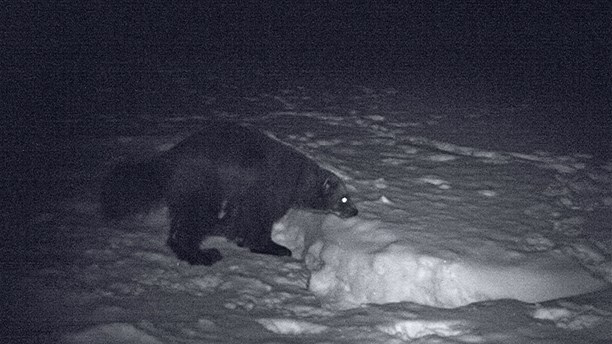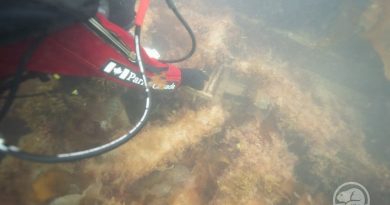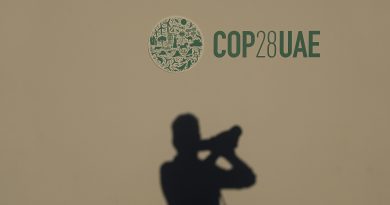Bear and lynx populations are shrinking in Sweden

The number of bears, wolverines and lynx has fallen in Sweden, reversing a previous trend.
Sweden’s University of Agricultural Sciences says Sweden used to have strong populations of such large predators, relative to other European countries, but the falling numbers threaten that leading position.
The bear population is down 15 percent in five years (from 3,300 to 2,800); the first fall since the 1930s. Wolverines are down from 750 to 650 in the last three years. Half of Sweden’s wildcats, lynx, have also disappeared, down from 1,700 to 840 in just five years.
All the predators have been killed off by increased hunting, designed to reduce their populations.
Wolf numbers are up since the 1990s, but the population in Sweden suffers from inbreeding.
Related stories from around the North:
Canada: Study shows polar bears relocating to icier Canadian Archipelago, Eye on the Arctic
Finland: New measures to protect the Saimaa seal in Finland, Yle News
Iceland: Endangered whale meat shipped from Iceland via Halifax, The Canadian Press
Norway: Rapid growth in Svalbard walrus population, Barents Observer
Sweden: Sweden’s mountain hares changing fur color too early, Radio Sweden
United States: Scientists seek cause of patchy baldness in some Beaufort Sea polar bears, Alaska Dispatch



